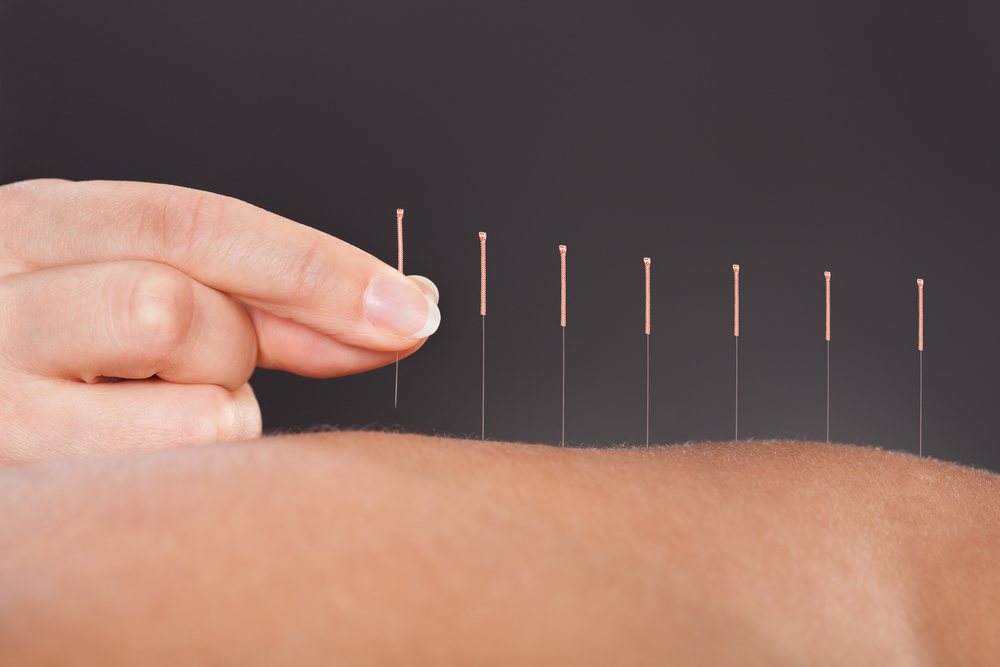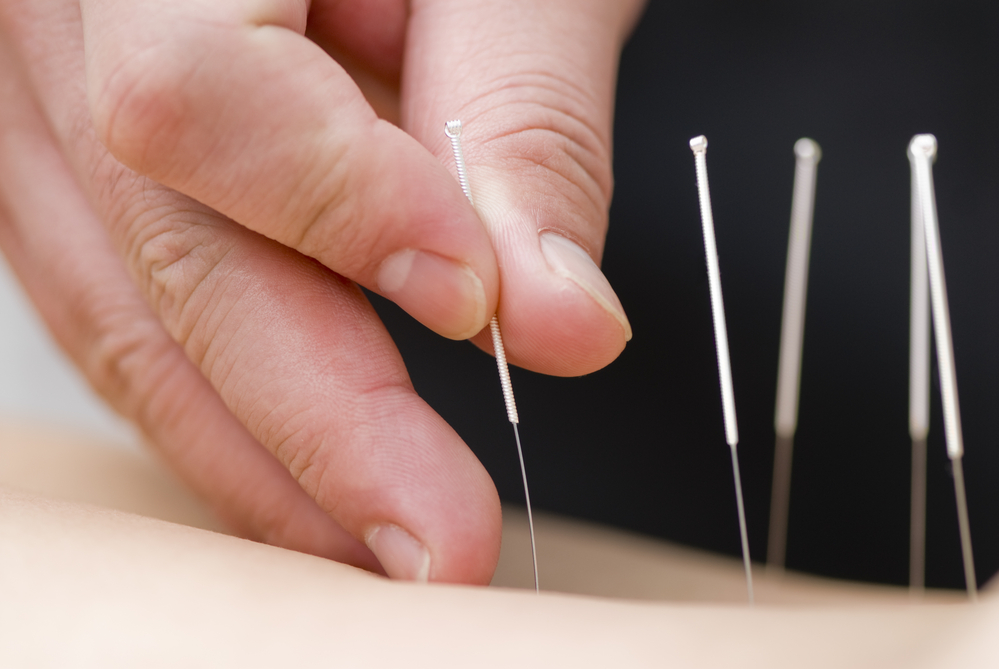What is medical acupuncture
Medical acupuncture is a unique therapeutic method involving the insertion of extremely thin steel acupuncture needles into acu-points along the meridians to prevent and treat a variety of ailments. While the insertion of needles is an important component of acupuncture, acupuncture treatments without the use of needles can be performed done by manually stimulating the acu-points via acupressure.

Benefits of acupuncture
Medical acupuncture has been around for more than 2000 years, and more evidence based research is coming out every day, to prove its benefits. Without going into the science, acupuncture can help and stop or manage pain. It can also regulate the energy flow of the body, which helps with mood and sleep as it balances the hormones, the CNS, as well as the vascular and lymphatic systems. It can clear inflammation, remove stagnant blood and provide or help restore, mind and body balance, otherwise known in the western world as “homeostasis”
Starting with acupuncture before manual therapy and/or myofascial techniques makes the second part of treatment much easier to perform and receive, and also contributes to longer treatment lasting effects. Additionally, acupuncture performed before manual therapy can also help take away some of the discomfort and post treatment pain that can often follow manual therapy treatments, making it easier for the patient.
Some of the physiological benefits of medical acupuncture include:
- Analgesia: The most common known effect of acupuncture is the relief r reduction of pain
- Sedation: Acupuncture decreases the delta and theta wave activity in the brain resulting in deep relaxation and/or sleep. This effect allows an acupuncturist to effectively treat conditions such as pain, stress, inflammation, insomnia, anxiety, addictions and more!
- Psychological: There is a calming and tranquilizing action in addition to the sedative affect. measurable changes in brain chemistry have been observed and endorphins are released.
- Homeostasis: This refers to the internal state of the body returning to a natural balance. This involves the sympathetic and parasympathetic divisions of the nervous system and endocrine system.
- Immune enhancing:Acupuncture can strengthen the body against disease.
- Restoration: by stimulating the points and aiming for a free flow of energetic circulation, acupuncture helps local circulation, tissue oxygenation and regeneration in order to promote the natural healing aspects of our bodies.
- Prevention: Regular acupuncture treatments strengthen the mind and body.
- Promotes longevity and general health.
Stress and pain:
Acupuncture is known to improve clients’ energy, stress and pain levels, wich in turn can improve the clients’ energy levels and lessen their recovery period, as stress can take a toll on someone, and otherwise delay response to manual therapy treatments. With that being said, integrating acupuncture to manual therapy treatments can expedite recovery as well as helping with other health conditions and/or challenges.
Medical acupuncture helps treat acute pain and strains:
Medical acupuncture is also very useful as an early intervention in many acute injuries and conditions such as whiplash associated disorders or sports injuries, and incorporating acupuncture to treatments may help facilitate a quicker return to work or competition.
Medical acupuncture and pregnancy:
More and more research is being done on acupuncture and its use during pregnancy. Medical acupuncture is relatively safe for most pregnancies and severe reactions and complications are rare. Mild complications can arise, (such pain and swelling at the needle site, for example), but they are not long lasting. There is some discussion over certain acupuncture points to avoid during pregnancy, because they can lead to outcomes like miscarriage, preterm labor and premature rupture of membranes, but this is basically on par with groups that didn’t receive acupuncture. Practitioners may treat patients before pregnancy, during all three trimesters and postpartum. If in doubt, please speak to your practitioner or to your doctor, before treatment, to see if there are any reasons you should not get acupuncture.
Conditions we commonly treat with medical acupuncture, at the clinic, include but are not limited to the following:
- Joint and muscular pain (neck, low-back, shoulder , rotator cuff, plantar fasciitis etc..)
- Muscle tweaks and spasms
- Myofascial release
- Trigger point release/treatments
- Sciatica
- Back pain in pregnancy
- Labor pain
- Tension headaches/migraines
- TMJ Dysfunction/pain
- Arthritic stiffness and osteoarthritis
- Chemotherapy-induced and postoperative nausea and vomiting
- Depression
- Anxiety/stress release
- Dysmenorrhea (painful periods)
- Period regulation
- Stomach and digestive issues ( bloating, gastritis etc)
- Respiratory disorders
- Asthma
- Insomnia
- Post surgical pain
- Chronic pain

What should you expect before treatment?
To determine the type of acupuncture treatment that will help you the most, your practitioner may ask you about your symptoms, behaviours, lifestyle and treatment goals (or/and expectations to treatment).
A common treatment plan for a single complaint typically involves one or two 60-70 minutes treatments per week. The number of treatments will depend on the condition being treated and its severity. In general, it is common to receive 3 to 8 treatments over 3 to 4 weeks.
What should you expect after treatment?
Some people feel relaxed while others may feel energized after an acupuncture treatment, but not everyone responds to acupuncture.
What are the possible negative effects of medical acupuncture?
Although most people feel better after having received acupuncture, some do feel worse before they feel better. Some people may find that the symptoms of their condition or illness temporarily worsens or flares-up. Some sweating, diziness, and feeling faint can occur, albeit very rarely. These effects typically only last for a few hours post treatment, however.
The possible negative side effects of medical acupuncture include:
- Fatigue
- Soreness
- Bruising
- Light bleeding at the needling site
- Muscle twitching
- Lightheadedness
- Emotional release